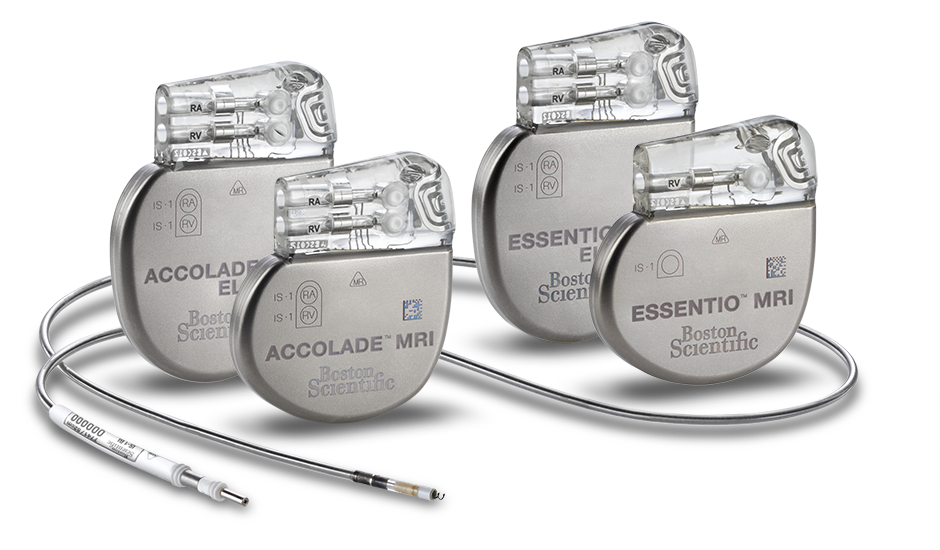MRI-RESISTANT IMPLANTABLE DEVICES
MRI-resistant implantable devices in clinical practice
 The development of modern clinical medicine involves the widespread use of MRI in the diagnosis of a wide range of diseases. This method allows you to obtain high-precision images of body tissues, and is not associated with the use of X-rays or iodine-containing contrast agents.
The development of modern clinical medicine involves the widespread use of MRI in the diagnosis of a wide range of diseases. This method allows you to obtain high-precision images of body tissues, and is not associated with the use of X-rays or iodine-containing contrast agents.
Progress of modern cardiology led to a significant increase in the life expectancy of cardiac patients. This fact is determined, among the other, by an increase in the number of devices implantations for the treatment of cardiac arrhythmias and conduction (pacemakers, defibrillators, cardioresynchronizing devices).
Until quite recently, the presence of the implanted device in the patient has always been one of the absolute contraindications for magnetic resonance imaging (MRI).
In this connection, the problem of using MRI diagnostics in this category of patients became an actual problem for patients with an implanted device. This is due to the increased service life of the implanted devices. In particular, the average service life of modern devices is about 10 years, and the estimated probability of the need for MRI diagnostics is, according to expert estimates, more than 50%.
In addition, the devices with Enduralife ™ batteries of the latest generation by Boston Scientific have a projected service life of more than 10 years. As a result, the probability that during the service life of the device the patient will need an MRI is,
Relatively recently, the clinic began to use implantable devices that make it possible to carry out MRI diagnostics.
Advantages of MRI-compatible devices from Boston Scientific:
- Compatibility with 3 Tesla (for ECP) and 1.5 Tesla (for all devices)
- Scanning without zone restrictions – you can scan any part of the body
- No time limit for scanning, the study can continue as long as necessary for the doctor
- No restriction on the electromagnetic field energy (SAR)
- A special MRI mode is programmed for the time of the study, after the scanning is completed, the device returns to the normal timer operation mode, there is no need to visit again for reprogramming.
If it is necessary to implant MRI-compatible devices for the treatment of rhythm disturbances and heart conduction, prevention of sudden cardiac death and treatment of heart failure, you can contact us: CONTACTS
